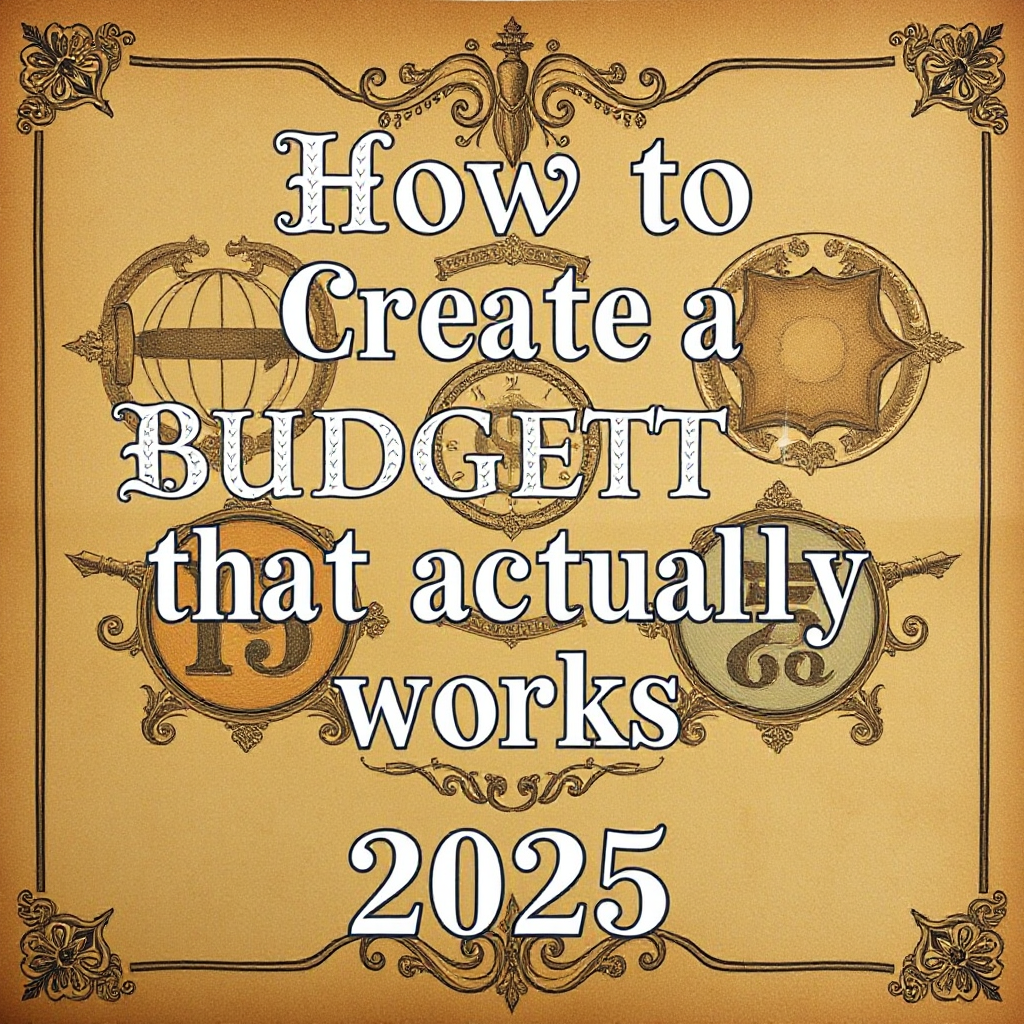
Budgeting in 2025 isn’t just about tracking numbers—it’s about creating a system that fits into your lifestyle, adapts to new financial realities, and supports your goals. With the economy evolving and new financial tools emerging, more people are realizing that budgeting doesn’t have to feel like punishment. In fact, a good budget can feel like a form of freedom. It gives you clarity, helps you reduce stress, and allows you to make confident financial decisions. The key is creating a plan that reflects your actual habits and goals, not an idealized version of who you think you should be.
Start with your income—know exactly how much you earn after taxes. Whether you’re salaried, freelance, or have a side hustle, this is your foundation. Many people create budgets based on their gross income, then struggle to stick with them. Focus on your real take-home pay, and be honest about irregular income streams if you’re self-employed. From here, divide your income into categories that make sense for your life: necessities, savings, debt payments, lifestyle, and fun. In 2025, digital tools like Rocket Money, Monarch, or even Google Sheets with AI plugins can help automate tracking and provide insight without overwhelming you.
Next, define your priorities. What matters most to you this year? Maybe it’s paying off debt, building an emergency fund, or finally taking that vacation. A successful budget isn’t rigid—it reflects what’s truly important to you. Allocate your funds accordingly. For example, if saving for a home is a priority, set a target and break it into monthly savings goals. Visualizing this progress—through charts or savings trackers—can keep you motivated. When your budget aligns with your values, sticking to it becomes far easier.
One crucial but often overlooked aspect is flexibility. Life in 2025 moves fast—subscriptions change, side hustles come and go, and costs fluctuate. That’s why monthly budget check-ins are essential. Review your spending, adjust categories, and see what’s working. Don’t feel discouraged if you overspend one month; use that data to tweak your approach. A budget that actually works isn’t perfect from day one—it evolves with you. Think of it more like a fitness routine for your finances than a rigid contract.
Cutting costs doesn’t mean cutting joy. Budgeting isn’t about saying no—it’s about saying “yes” to what truly matters. Review your expenses and look for areas where money is leaking. Maybe it’s unused subscriptions, eating out too frequently, or impulse buys. Redirect those funds toward something more meaningful, like investing or a passion project. Using modern budgeting apps with AI can even suggest personalized cuts based on your spending patterns, making the process less painful and more insightful.
Finally, stay consistent and reward progress. Celebrate small wins, like staying within your grocery budget or adding an extra $100 to savings. Building a successful budget is more about behavior than numbers. In 2025, it’s easier than ever to gamify your finances—many apps let you set milestones and track your achievements visually. The goal isn’t to control every dollar perfectly, but to build a healthier relationship with money that lasts. With a little effort and the right mindset, your budget can become a powerful tool for financial confidence and long-term freedom.